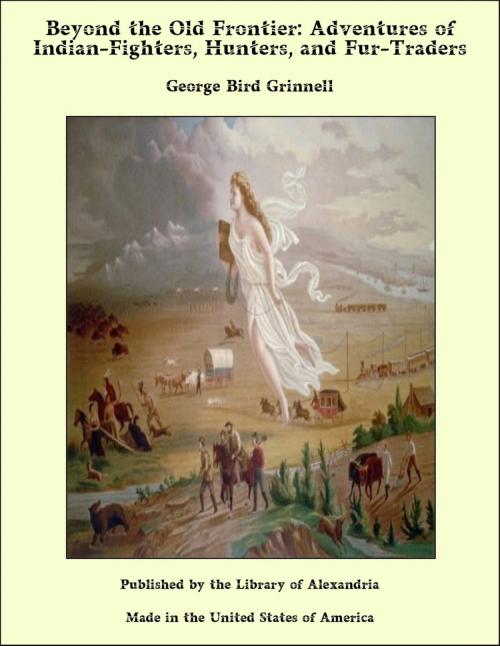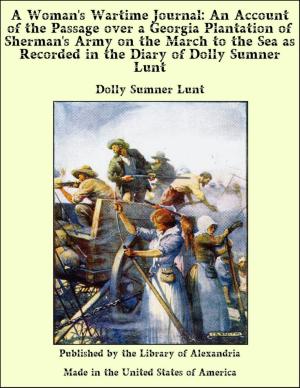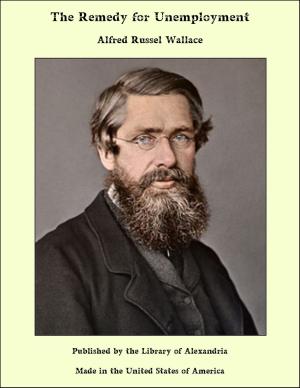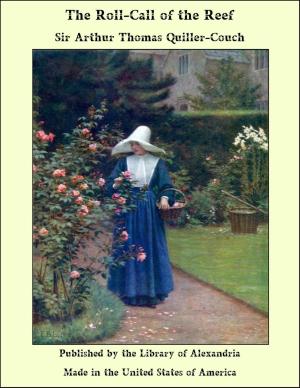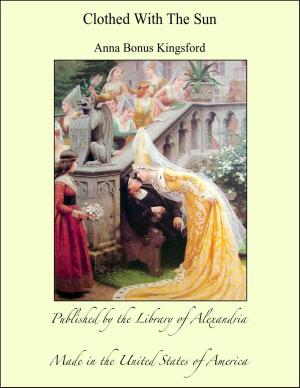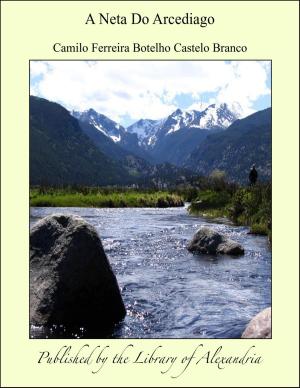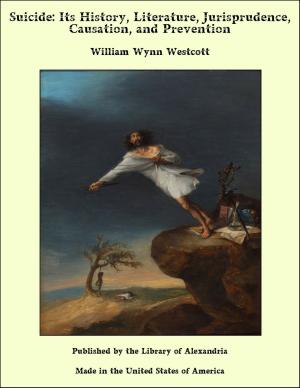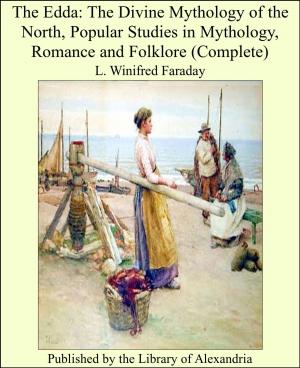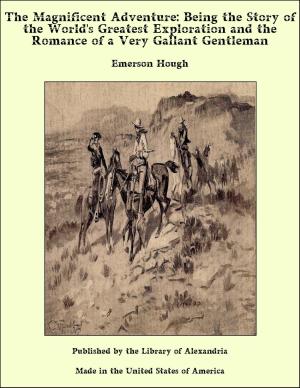Beyond the Old Frontier: Adventures of Indian-Fighters, Hunters, and Fur-Traders
Nonfiction, Religion & Spirituality, New Age, History, Fiction & Literature| Author: | George Bird Grinnell | ISBN: | 9781465614568 |
| Publisher: | Library of Alexandria | Publication: | March 8, 2015 |
| Imprint: | Language: | English |
| Author: | George Bird Grinnell |
| ISBN: | 9781465614568 |
| Publisher: | Library of Alexandria |
| Publication: | March 8, 2015 |
| Imprint: | |
| Language: | English |
One of the first commercial adventurers to the Columbia River, and one of the first men engaged by John Jacob Astor for his far western fur-trading expeditions, was Alexander Ross, a Scotchman, who came to Canada in early life, spent more than forty-four years in the fur trade, and finally died in the Red River settlement in 1856. Unlike most fur traders, he had the energy and the interest, in the later years of his life, to set down an account of what he had seen and done during those early years of anxiety, hard work, and success. His story “is not an arm-chair narrative derived from hearsay tales, but the result of practical experience on the spot.” During most of the time while engaged in trading with the savage tribes west of the Rocky Mountains he was a leader; and the success or failure of his expeditions—often the lives of his men and himself—depended on what he thought, did, and said. He was a man of high courage, unfailing energy, and close observation. His was serious work, yet he possessed some sense of humor, which, however, he allows to appear only now and then in his books. As a close observer stationed in the midst of things and admirably acquainted with conditions, he saw the blunders made by Mr. Astor and criticised them freely; yet he was always loyal to his chief, and speaks with apparent contempt of those other men of the north, hired by Mr. Astor for their great experience in the fur trade, who, when the War of 1812 broke out and the Northwesters descended on Astoria, seemed glad to desert their employer and to renew their allegiance to the company that they had left for Astor’s higher pay and greater privileges.
One of the first commercial adventurers to the Columbia River, and one of the first men engaged by John Jacob Astor for his far western fur-trading expeditions, was Alexander Ross, a Scotchman, who came to Canada in early life, spent more than forty-four years in the fur trade, and finally died in the Red River settlement in 1856. Unlike most fur traders, he had the energy and the interest, in the later years of his life, to set down an account of what he had seen and done during those early years of anxiety, hard work, and success. His story “is not an arm-chair narrative derived from hearsay tales, but the result of practical experience on the spot.” During most of the time while engaged in trading with the savage tribes west of the Rocky Mountains he was a leader; and the success or failure of his expeditions—often the lives of his men and himself—depended on what he thought, did, and said. He was a man of high courage, unfailing energy, and close observation. His was serious work, yet he possessed some sense of humor, which, however, he allows to appear only now and then in his books. As a close observer stationed in the midst of things and admirably acquainted with conditions, he saw the blunders made by Mr. Astor and criticised them freely; yet he was always loyal to his chief, and speaks with apparent contempt of those other men of the north, hired by Mr. Astor for their great experience in the fur trade, who, when the War of 1812 broke out and the Northwesters descended on Astoria, seemed glad to desert their employer and to renew their allegiance to the company that they had left for Astor’s higher pay and greater privileges.
